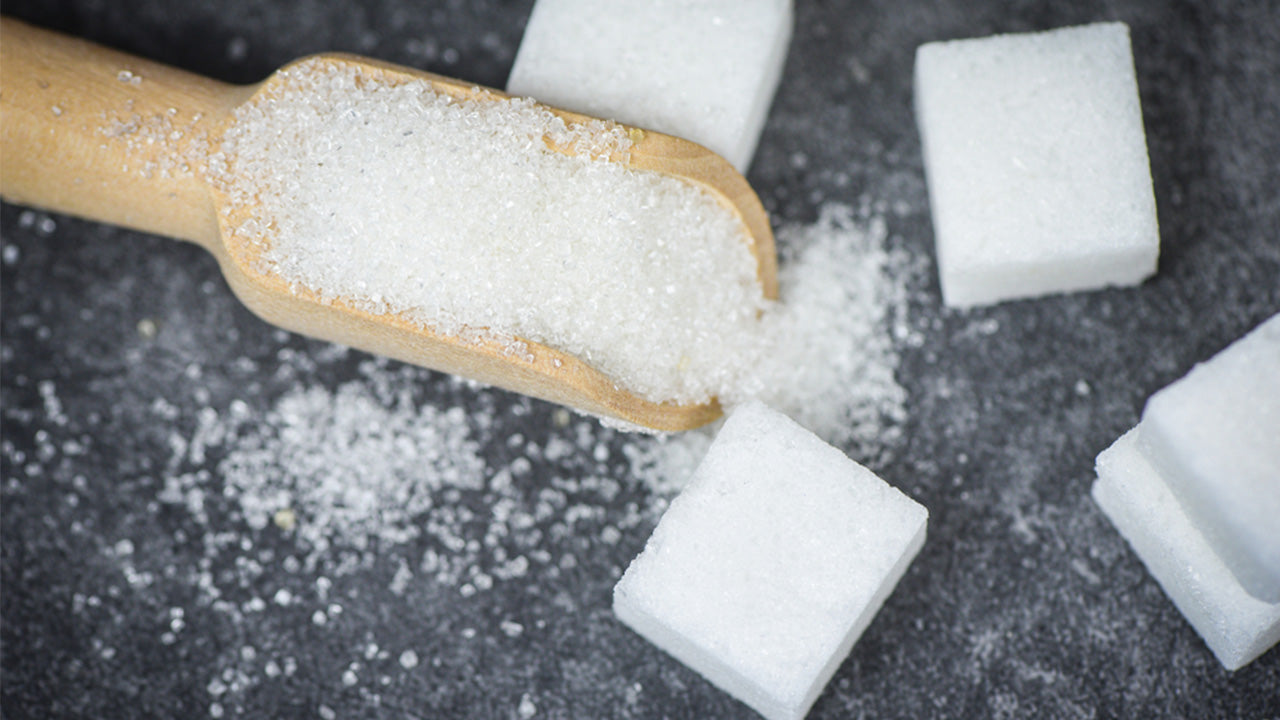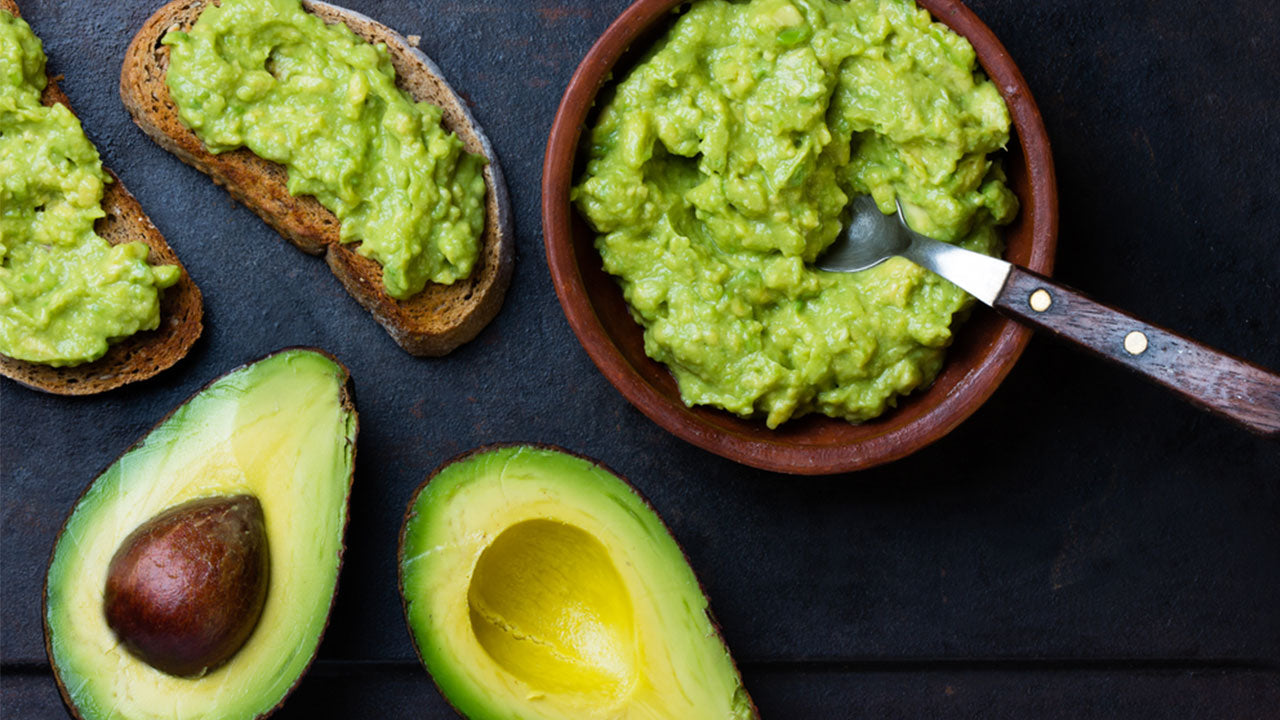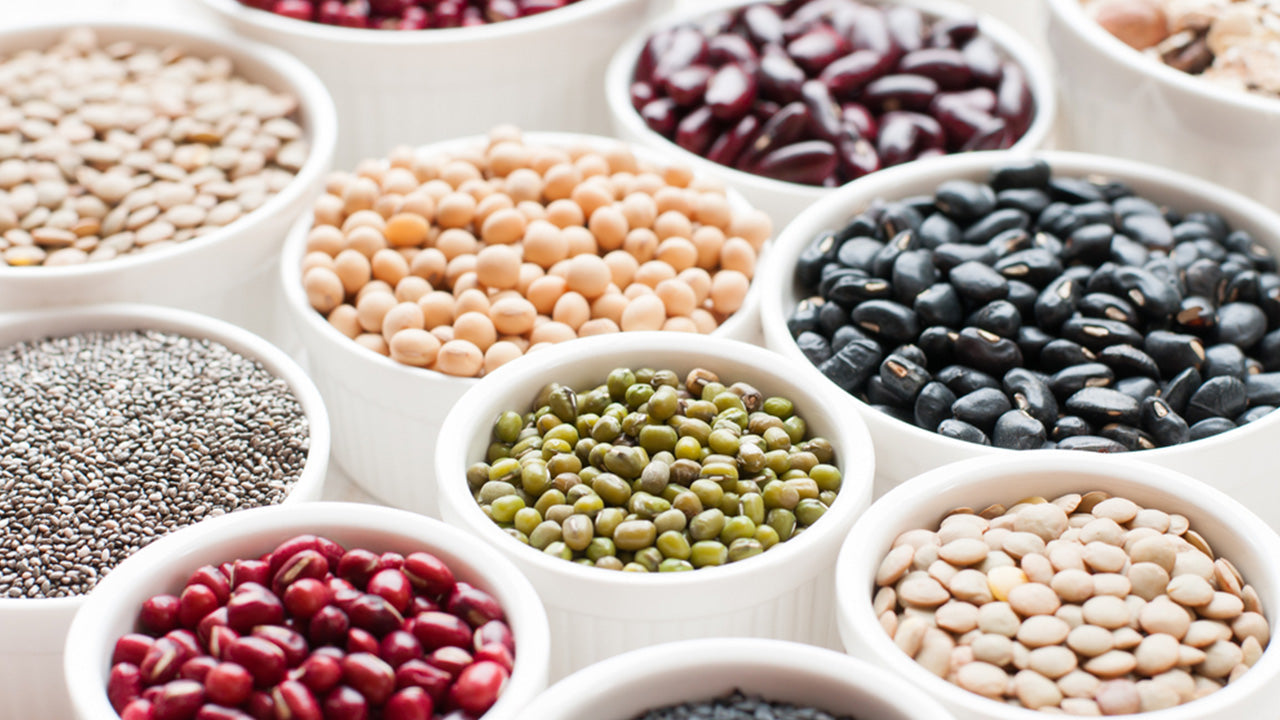The Non-Sugar Sweetener Allulose: Keto Friendly or Not?
 By: by Amino Science
By: by Amino Science

Allulose is a natural sugar substitute but is allulose keto? We have a brief rundown of how refined sugar damages your health, where allulose comes from, and how it impacts the keto diet and your overall blood sugar levels and wellness.
What's Wrong with Refined Sugars?
Natural sugars are found in foods like fruits, veggies, dairy, and even grains, nuts, and seeds. However, white table sugar (otherwise known as sucrose) is derived from sugar cane or sugar beet plants during a damaging refining process. Another refined sugar is the problematic high-fructose corn syrup. Here's the scoop you should know.
- Table sugar: The boiling process that derives crystal-white table sugar from sugar cane strips out all of its nutrients. Those nutrients can still be found in products like brown sugar and blackstrap molasses, but it's missing from your average sugar bowl.
- High-fructose corn syrup: This substance is made by adding enzymes to corn starch to increase the sweetness of the resulting syrup. High-fructose corn syrup is found in all kinds of foods, from soft drinks to candy to ice cream, as a flavor additive and enhancer.
The problem with these two processed sweeteners is the impact they have on our health. Corn syrup in prepackaged foods that shouldn't have extra sugars in them at all contributes to weight gain and is a risk factor for developing obesity, type 2 diabetes, and heart disease. And refined table sugar has been linked to higher levels of inflammation and greater risk factors for chronic conditions like depression, liver disease, and even cancer.

What Is Allulose?
When looking for a healthier sugar alternative, many people use allulose or other natural sweeteners like stevia, erythritol, or monk fruit sweetener.
The low-carb sweetener allulose is a naturally occurring simple sugar, or a monosaccharide. It's only roughly 70% as sweet as sugar, but it has about 95% fewer calories, and it doesn't spike your blood sugar levels, which means it doesn't cause any extra risk for type 2 diabetes. Sounds great, but where does it come from?
Also known as d-allulose, d-psicose, and psicose, allulose is found naturally in foods like raisins, figs, and jackfruit. The U.S. Food and Drug Administration (FDA) has allowed food labels to remove allulose from their added sugars count because its impact on your body is so distinct from the harm caused by artificial sweeteners that it simply doesn't merit inclusion.
Allulose is also on the FDA's "generally recognized as safe" or GRAS list, and boasts a glycemic index score of zero. For comparison, the glycemic index score of maple syrup is about 54 and table sugar has a GI of about 65. That means that unlike other natural sugar-free and low-calorie sweeteners, allulose doesn't impact your blood glucose levels at all. In fact, between 70% and 80% of allulose sweetener is excreted in your urine without having any effect on your body outside of sweetening your food for your taste buds.

Is Allulose Keto Friendly?
Is allulose good for those on keto? Yes.
The ketogenic diet is designed to force your body into an alternative metabolic state called ketosis. By denying the body the sugar energy in carbs (glucose), fat must be burned to access ketone bodies. Ketones can sub in for just about every energy need the body has, and they're especially good for powering the brain as they can cross the blood-brain barrier unaided (glucose cannot).
When your body's principal source of energy is fat, it seeks out fatty deposits throughout the body, including dangerous visceral fat that resides inside and among your internal organs, fat you can't see but may be causing cardiovascular and liver damage. Low-carb diets like keto help to eliminate this dangerous body fat, and allulose is a perfect helpmate.
Allulose helps to lower your blood sugar, improve insulin sensitivity, and even works to enhance fat oxidation. It won't kick you out of ketosis, it's nearly calorie-free when compared to regular sugar (your body only absorbs about 1/10th of the calories that are contained in allulose), and it still satisfies your sweet tooth so that sticking to the restrictions of a keto diet doesn't become a disheartening chore with no desserts in sight.
Allulose is a sugar replacement perfect for keto.
Is Allulose Safe for Diabetics?
Human studies have shown that allulose helps to lower blood sugar levels and increase the insulin levels of people with and without diabetes. It improves postprandial (post-meal) blood glucose levels in men and women, including those who are borderline or pre-diabetic.
Animal studies even suggest that allulose may help protect the beta-cells of the pancreas, where insulin is synthesized, though more research in human participants is needed to confirm this benefit.
Is Allulose Good for Weight Loss?
This is another easy answer: yes!
Certainly if you're on a ketogenic diet, part of your goal is most likely to lose weight rapidly yet safely. And yet, even for those who are just hoping to consume less sugar as part of their weight-loss efforts, allulose can help.
Allulose has shown scientific promise in helping to reduce appetite and treat metabolic disorders. One 12-week study found that daily allulose intake helped reduce waist circumference and stimulate weight loss, and similar results were found in another 2018 study. The cause of these amazing results could be what was demonstrated in an animal model; allulose triggered the release of GLP-1 (glucagon-like peptide 1), which stimulates insulin release, improves insulin sensitivity, and helps reduce feelings of hunger.
It's not just your weight and your waistline that can improve with allulose intake. Some animal studies indicate that allulose may independently help reduce the fat accumulation in the liver that leads to fatty liver disease.
You can use allulose to make keto, paleo, and gluten-free recipes for marshmallows, cheesecake, caramel pudding, sugar-free chocolate syrup, and snickerdoodles, and still lose body weight and be healthier at the end of the day.
Potential Allulose Side Effects
Small quantities of allulose are perfectly safe for human consumption, and clinical trials have shown that people can consume as many as 15 grams of allulose every day for 3 months straight without experiencing any adverse side effects. However, there are some potential discomforts associated with allulose that you should be aware of. Possible side effects include:
- Nausea
- Diarrhea
- Bloating
- Gastrointestinal upset
When trying any new food or supplement, listen to your body to make sure it agrees with you before going overboard. Many natural sweeteners and sugar alcohols like xylitol often give people a metallic aftertaste, so if you experience that, just know that it's normal and maybe shop around for other sugar alternatives if it's too unpleasant.
All Hail Allulose
There are a lot of sugar alternatives out there from different sources, some of them naturally derived and some synthetic, but most are still healthier than refined white table sugar. Rest assured that no matter which you choose, cutting down on refined sugar is a great boon to your health that can help you lose weight, prevent diabetes, and feel better than ever.
And here's a bonus health tip: supplementing with essential amino acids can also help you shed pounds, keep insulin levels balanced, and improve energy and concentration. Learn more here.

Up to 25% off Amino
Shop NowTAGS: diet plans food
Join the Community
Comments (0)
Most Craveable Recipes




 833-264-6620
833-264-6620



















